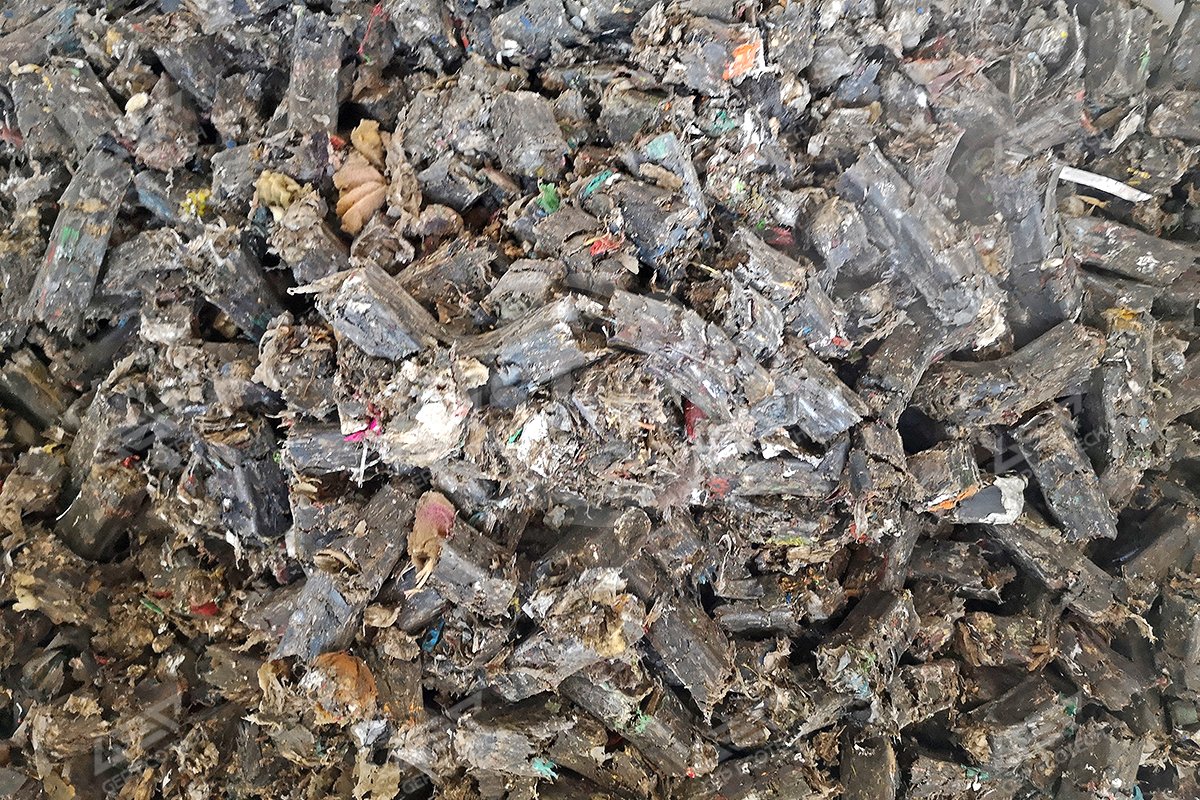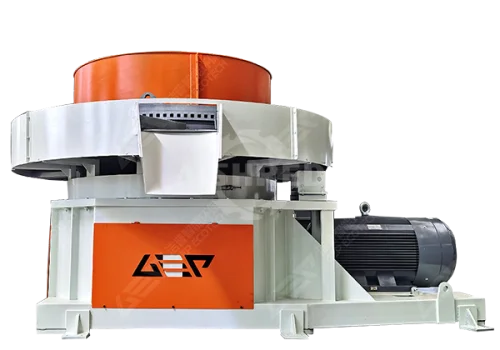To answer the question of 'how much does it cost to produce one ton of alternative fuel', it is necessary to analyze and think from multiple perspectives. The following is a step-by-step analysis process:
Definition and classification of alternative fuels
Alternative fuels refer to the use of combustible waste to replace traditional natural fossil fuels for production. The application of combustible waste in industry can not only save energy, but also contribute to environmental protection. Common alternative fuels include Refuse-Derived Fuel (RDF), Solid Recovered Fuel (SRF), Tire-Derived Fuel (TDF), biomass fuel, and municipal sludge.

Economic analysis of alternative fuels
The economy of alternative fuels depends not only on production costs, but also on their calorific value and comparison with fossil fuels. According to relevant information, the calorific value of alternative fuels is usually lower than that of coal, but by increasing the calorific value and reducing the heat loss coefficient ratio, their economic benefits can be improved.
For example, assuming the price of a regular 6000 kcal coal is CNY1000, then CNY166.6 is required for every 1000 kcal of heat; The alternative fuel made from general industrial solid waste, MSW, etc. costs an average of CNY450 per 4000 kcal, so the heat of 1000 kcal is CNY112.5. Considering the heat loss coefficient ratio and pre-treatment cost, the actual cost of alternative fuel for 1000 kcal is about CNY136, with a benefit difference of less than 18% compared to coal.

The production cost of alternative fuels is influenced by various factors, including raw material costs, processing costs, equipment costs, and pre-treatment costs. Based on existing data and information, the total production cost of alternative fuels is roughly between 300 and 900 CNY per ton. Although the calorific value of alternative fuels is usually lower than that of coal, their economic benefits can be improved by increasing the calorific value and reducing the heat loss coefficient ratio.
It should be noted that the specific production costs may vary depending on the region, technological level, and scale of the enterprise. If more accurate cost data is needed, it is recommended to further investigate the actual operational situation of specific enterprises.


